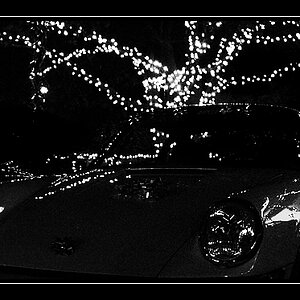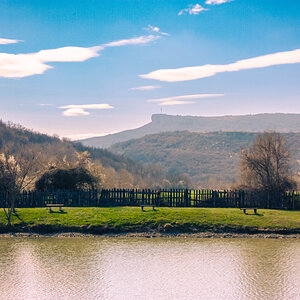GoM
TPF Noob!
- Joined
- Jun 14, 2006
- Messages
- 1,537
- Reaction score
- 1
- Location
- Toronto, ON
- Can others edit my Photos
- Photos NOT OK to edit
Mmm...does it count if you feel like you're either on the verge of another breakthrough, or coming to the end of the intermission of two parts to a drawn-out one? 


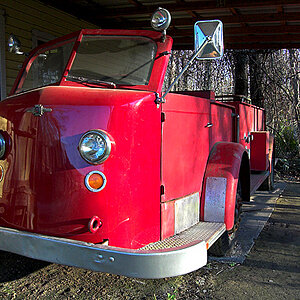
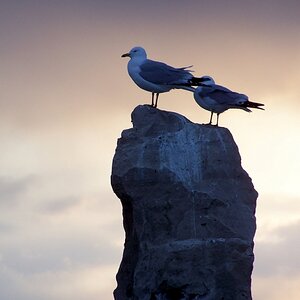
![[No title]](/data/xfmg/thumbnail/36/36302-6ee4929dfdf80290ffd73704693e860f.jpg?1619737496)
![[No title]](/data/xfmg/thumbnail/39/39501-c3f6a664311b0a3868b613f963809fb1.jpg?1619739058)
![[No title]](/data/xfmg/thumbnail/40/40356-883c642c8d24d2709b359f9c8b196fcf.jpg?1619739437)
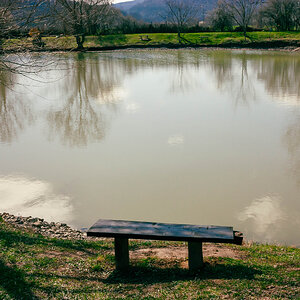
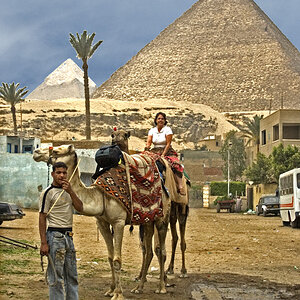
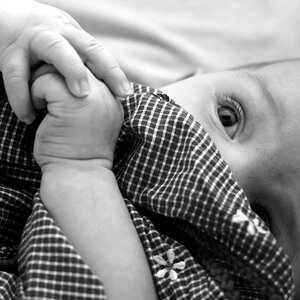
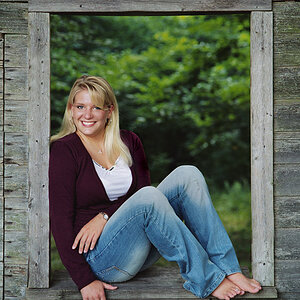
![[No title]](/data/xfmg/thumbnail/36/36301-27972c0474532c2ef657014362950733.jpg?1619737495)
